
Ed Carman, 1922–2002
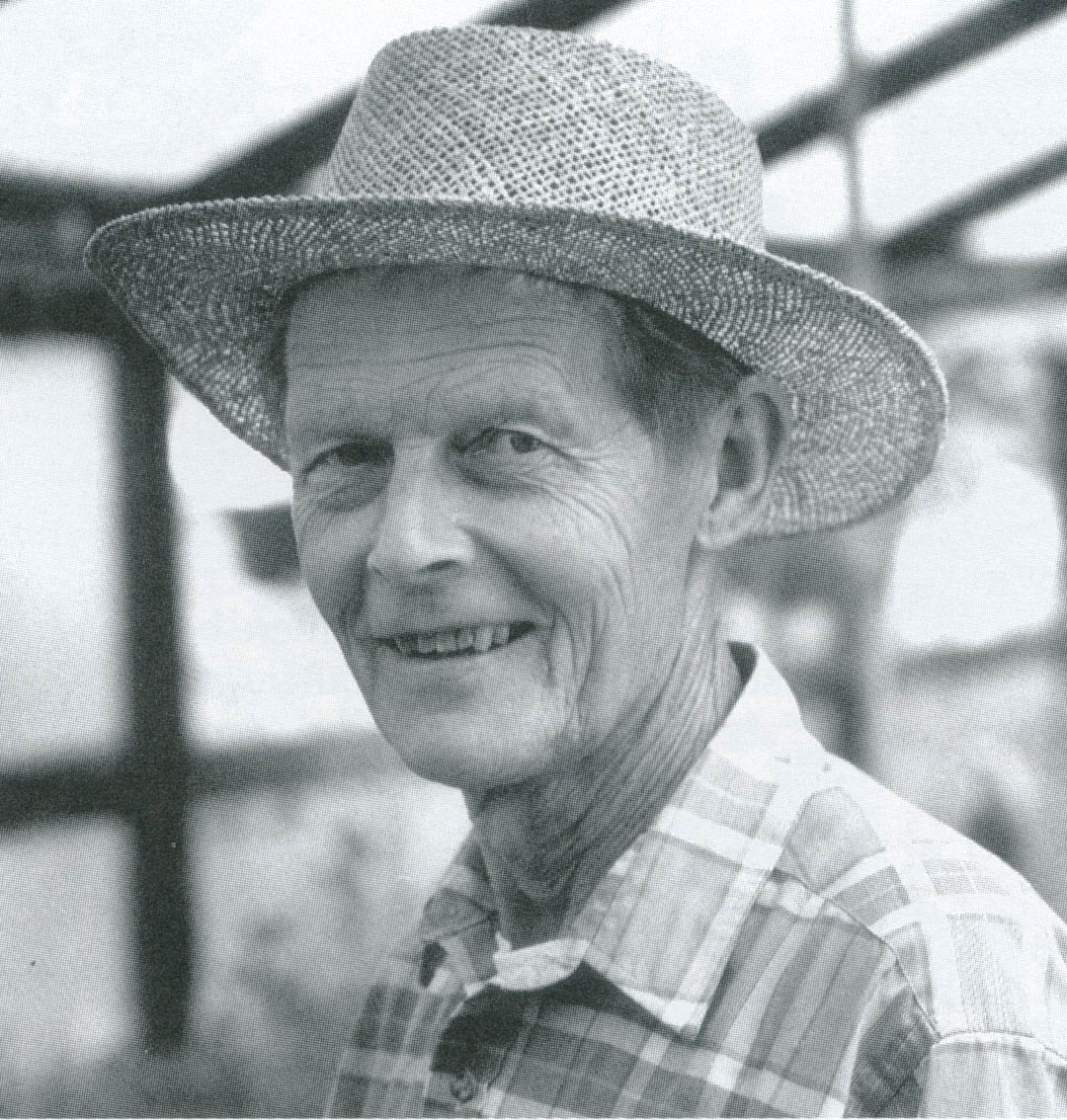
Contributor
- Topics: Garden Futurist

Western horticulture lost a great friend with the passing of Edward Stuart Carman. Ed’s chief contributions to the world of gardeners were his endless curiosity about plants, his great skill at propagating them, his wide network of horticultural friends and correspondents, and his unflagging zeal in attending meetings of the California Horticultural Society and the Western Horticultural Society, where he was often the court of last resort in identifying rare and unusual plants. He knew them because he grew them.
It is hard to believe that Ed had spent more than fifty years in the nursery business. To me he seemed ageless—slim, blond, and active—until his eightieth year. Even in his final illness, he continued to work in his nursery, sowing seeds, making cuttings, and harvesting his kiwi fruit and guavas. He was born in Los Gatos and lived there all his life. He worked in his father’s San Jose nursery on Bascom Avenue until called to service in the infantry during World War II. After the war and study at San Jose State, he married Jean Campbell. In 1971, they acquired the Los Gatos property that became the Carman’s Nursery that many of us have visited.
Ed was active in the Peninsula Chapter of the California Nurserymen’s Association and held many offices there. He was given the Nurseryman of the Year award in 1995. He knew all the nurserymen in the area and was engaged in preparing a history of the Peninsula Chapter—a continuation of work that had been started by Charles Burr. Ed was a living link between an earlier generation of California nurserymen and those of today. His horizon, though, was wider than California; in his earlier days, he and Jean traveled abroad and became acquainted with (and exchanged plants and opinions with) people like Beth Chatto in England, Trevor Davies of the New Zealand nursery firm of Duncan and Davies, and many others
Ed was active in the International Plant Propagators’ Society and had published a paper there on the propagation of kiwis (Actinidia deliciosa); he was a pioneer in the popularizing of this fruit. A skilled propagator, he seemed to have an instinctive knowledge of the right way to propagate rare and unusual plants. He was a member of the Rock Garden Society and was closely allied with the Rare Fruit Growers Association. He was also a member of the Royal Horticultural Society and an honorary member of the Herb Society. With all his devotion to horticulture, he still found time for civic duties as scoutmaster and school board member.
Ed’s nursery was a source both of delight and frustration. In the almost tropical luxuriance of his lath houses you could find almost any choice plant you could name. You couldn’t always buy it, though; many plants were being held back either for propagation or for proving out. Still, you could always find something else that you needed. The property will be sold, but the Carmans’ youngest daughter, Nancy Schramm, will keep the nursery open until the middle of May. Then she will move the operation to her home near Gilroy—the third location of Carman’s Nursery, and the third generation of family ownership.
John R Dunmire
Los Altos, California
We urge you to read the late Marshall Olbrich’s tribute to Carman’s Nursery in the Winter ’91 issue of Pacific Horticulture.

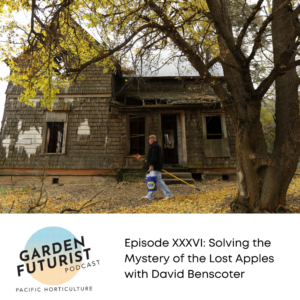
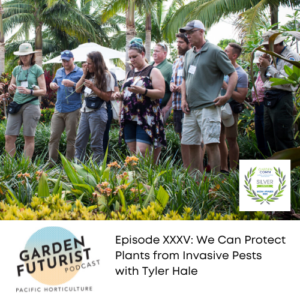
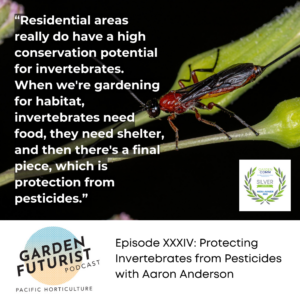

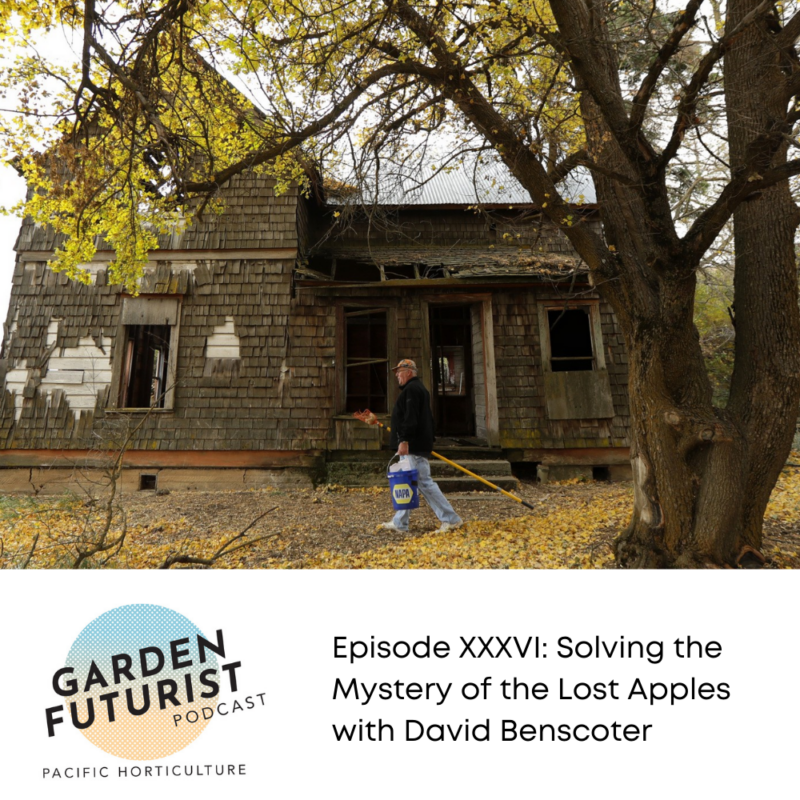
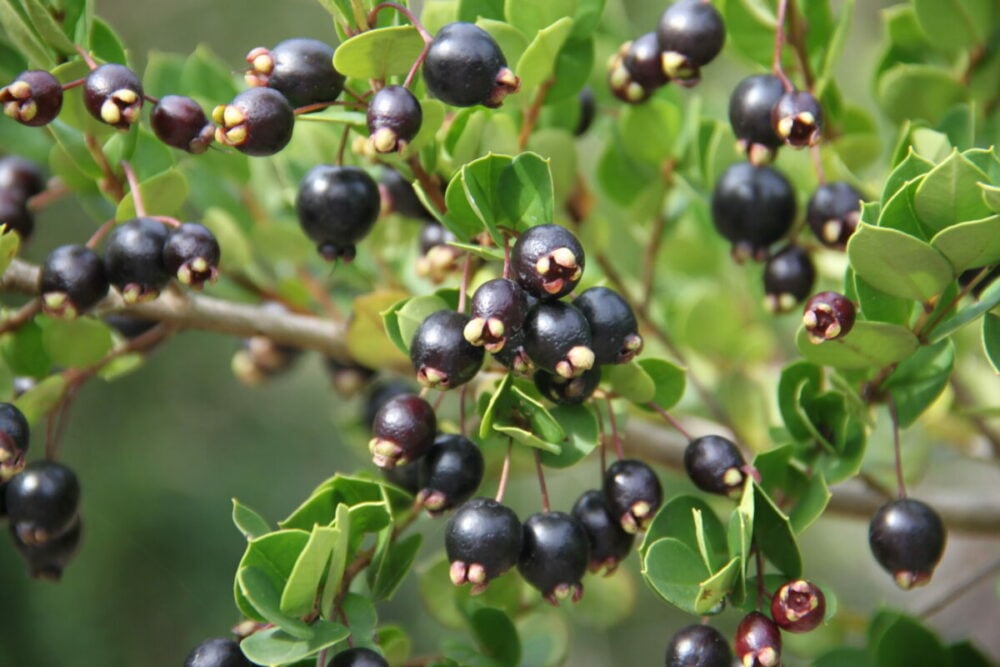



Responses